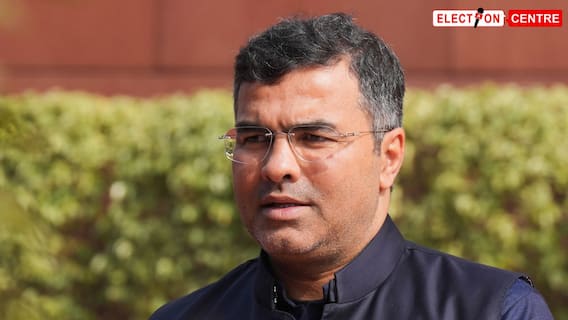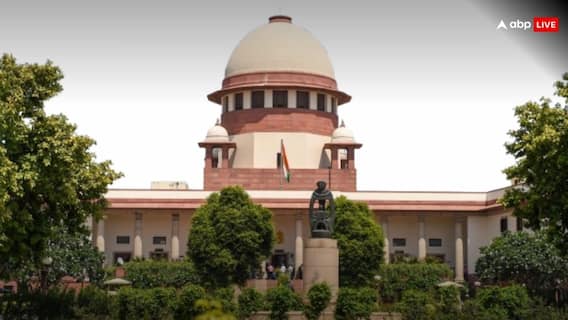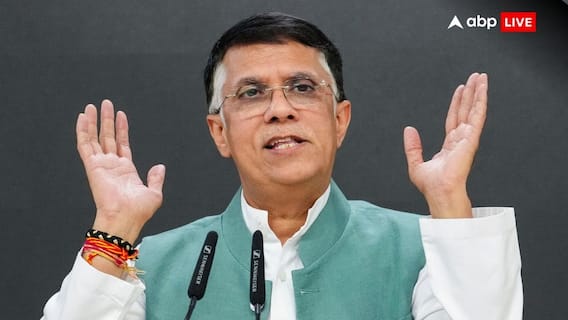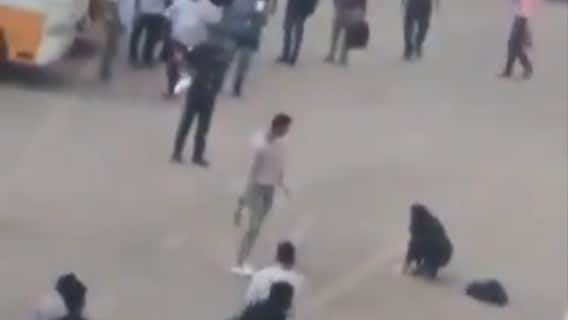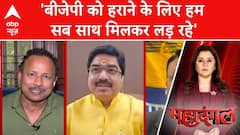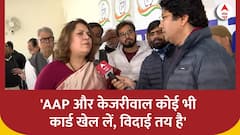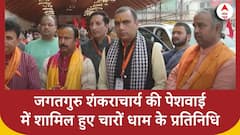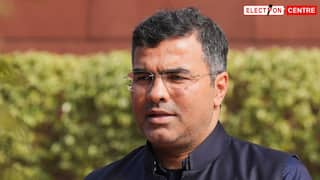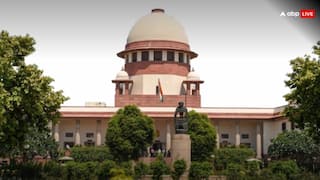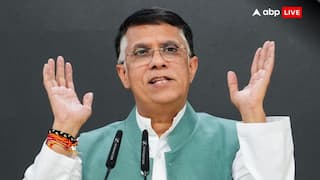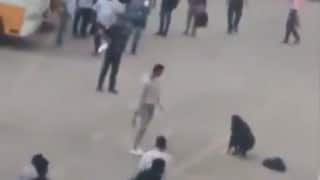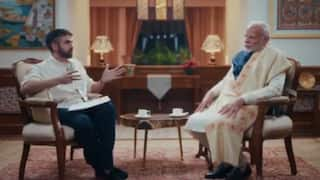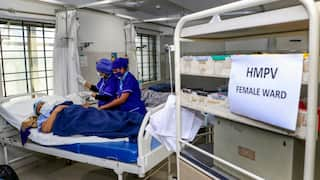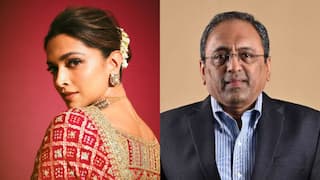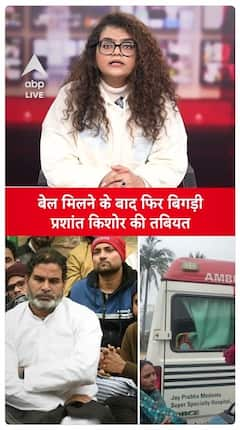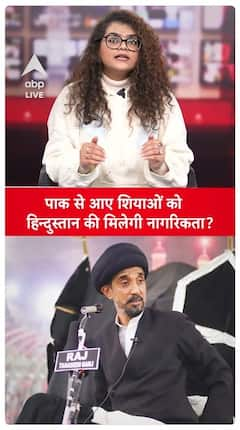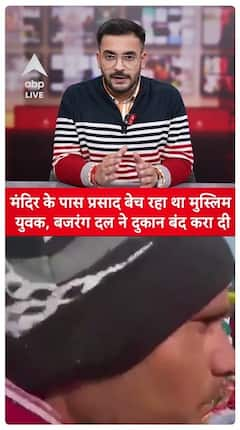Laughter in court as Mallya's defence questions reliability of Indian evidence

London (U.K.) Jan 12 (ANI) After a long recess over the Christmas and New Year period, the extradition trial of liquor baron Vijay Mallya resumed at Westminster Magistrate's Court on Thursday afternoon.
Mallya appeared imperturbable as ever in the dock. He was accompanied by his wife Pinky Lalwani and son Siddharth.
Today's short afternoon proceedings were related to the admissibility of documentary evidence submitted by the Indian government as part of the prosecution case.
After hearing the argument, the court has extended Mallya's bail to April 2.
In a long and technical submission filled with legalese, Mallya's defence counsel Clare Montgomery questioned the admissibility, reliability and evidentiary value of documentation submitted by the government of India, in particular, the witness statements submitted by a wide array of witnesses such as banking officials.
Section 84 of the United Kingdom's Extradition Act provides strict regulations that pertain to the reliability and quality of documentary evidence.
Montgomery requested judge Emma Arbuthnot to check the documents submitted by the Government of India for admissibility.
Montgomery produced a large stack of papers with detailed annotations, which she said were statements made against Mallya and the Kingfisher Airlines and compiled by the Indian government that are demonstrably unreliable and as such did not meet admissibility standards under the UK law.
"Many of the documents that the Indian government relies on are unsubstantiated assertions which have been proven to be unreliable or false while others are hearsay or narrative accounts or statements made ex-post facto", Montgomery said.
Mallya's counsel also protested the fact that the Indian government's documents and statements included submissions that had no relevance to the IDBI Bank case - which is the central axis on which the extradition trial hinges.
She also pointed to numerous glaring anomalies in the prosecutions documents and witness statements, including some which she said had been "cut and pasted" and submitted as being from different witnesses.
"Some of these statements not only had the same words by the same typos. For example, there are similar anomalies in witness statements made by different individuals weeks apart", Montgomery said, prompting laughter in the court, much to the discomfiture of representatives of the Indian government.
Montgomery also pointed to numerous instances of statements obtained by witnesses where no recordings or any other evidence existed of an investigator questioning a witness. In other instances, witnesses appear to have been given "pro-forma" statements that were signed off by those witnesses.
"Much evidence suggests that officers, in this case, have not behaved in a reliable manner. For instance, they have completely failed to reveal to the court the background of how the lending was approved by various banks, have submitted misleading statements, pro-forma statements and statements that were false", Montgomery said.
She also pointed to a number of Indian law commission reports that have "unanimously" agreed that investigators often "project" their biases on to witnesses.
By Poonam Joshi. (ANI)
This story has not been edited. It has been published as provided by ANI
Trending News
Top Headlines







